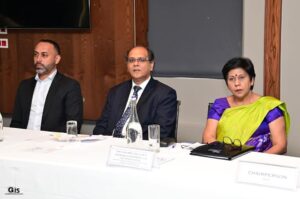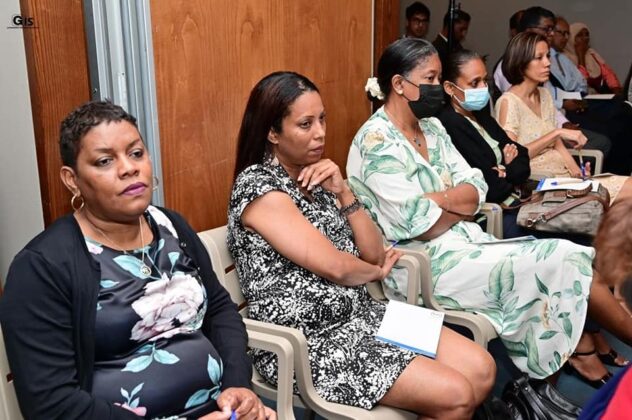Saudi Arabia: A total of 71 institutions, including three new mones, received their Special Education Needs Authority (SENA) Registration Certificate yesterday during a ceremony at the Voila Hotel, Bagatelle.
The Vice-Prime Minister and Minister of Education, Tertiary Education, Science and Technology, Mrs Leela Devi Dookun-Luchoomun; the Chairperson of SENA, Mrs Savitree Oogarah; the Director of SENA, Mr Arvin Authelsingh; and other personalities were present.
In her address, Vice-Prime Minister Dookun-Luchoomun indicated that the SENA schools will now be fully-functional in line with the SENA-certified standards. The SENA sector, she said, is one of the topmost priorities of her Ministry.
Government, she added, is a signatory to international conventions, including the United Nations Convention on the Rights of Persons with Disabilities, in line with Sustainable Development Goal 4. During the last seven years, she underlined, her Ministry has spared no effort to uplift the well-being of SEN learners across the country.
Vice-Prime Minister Dookun-Luchoomun further indicated that in aid to SEN institutions, the Government provided a one-off grant of RS 100 000 for the upgrading of infrastructure, adding that this financial year has catered for the second grant of Rs 50 000 for investment in teaching and learning resources.
She also pointed out that there is a Scholarship Scheme for learners with disabilities which was introduced in January 2017 for post-secondary and tertiary studies. Nevertheless, the sector, she said, remains a most challenging field, and it requires commitment, dedication and empathy.

Mrs Dookun-Luchoomun reiterated the vision of the Ministry that no child is left outside the education system on account of his or her disability. All children, she underscored, should have access to quality education that realises their learning potential and promotes lifelong learning while allowing parents and guardians to take an active part in their children’s education and training.









